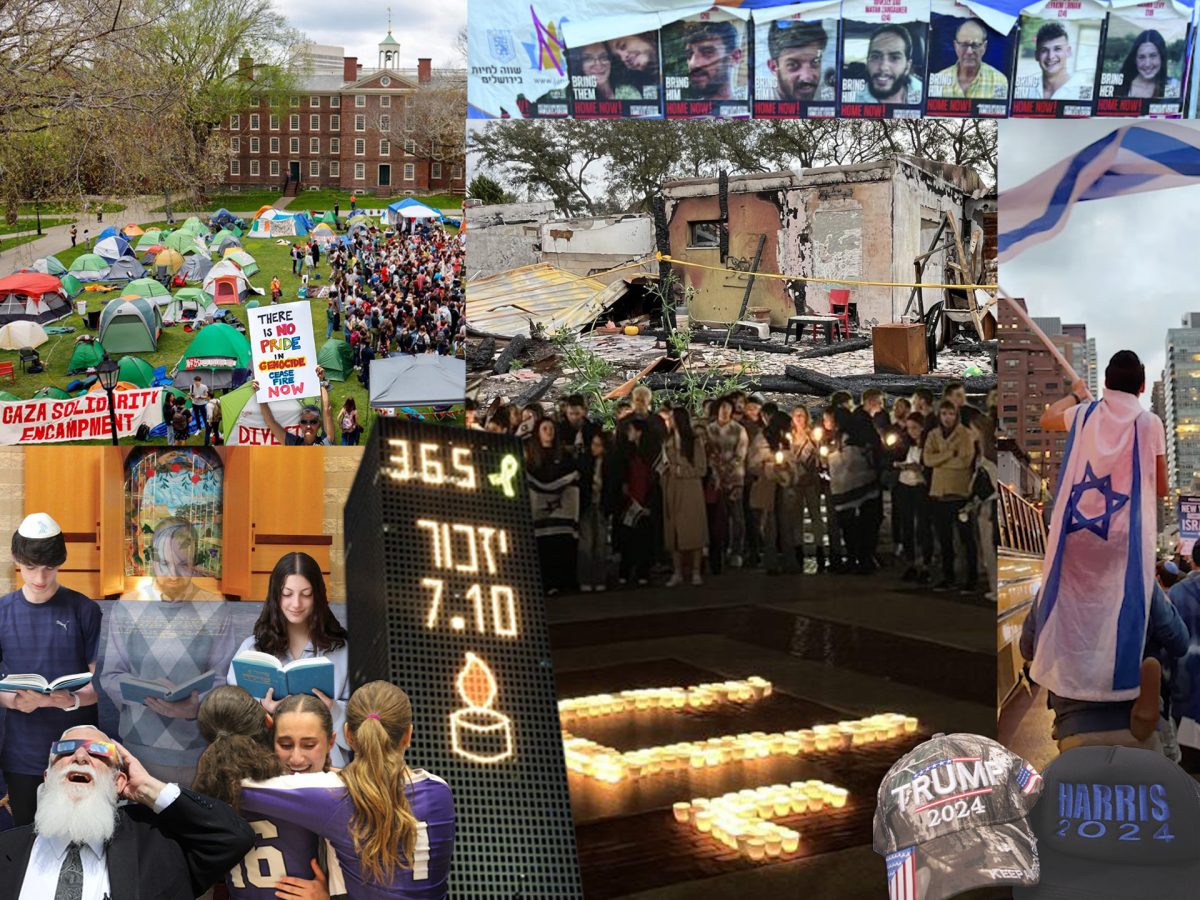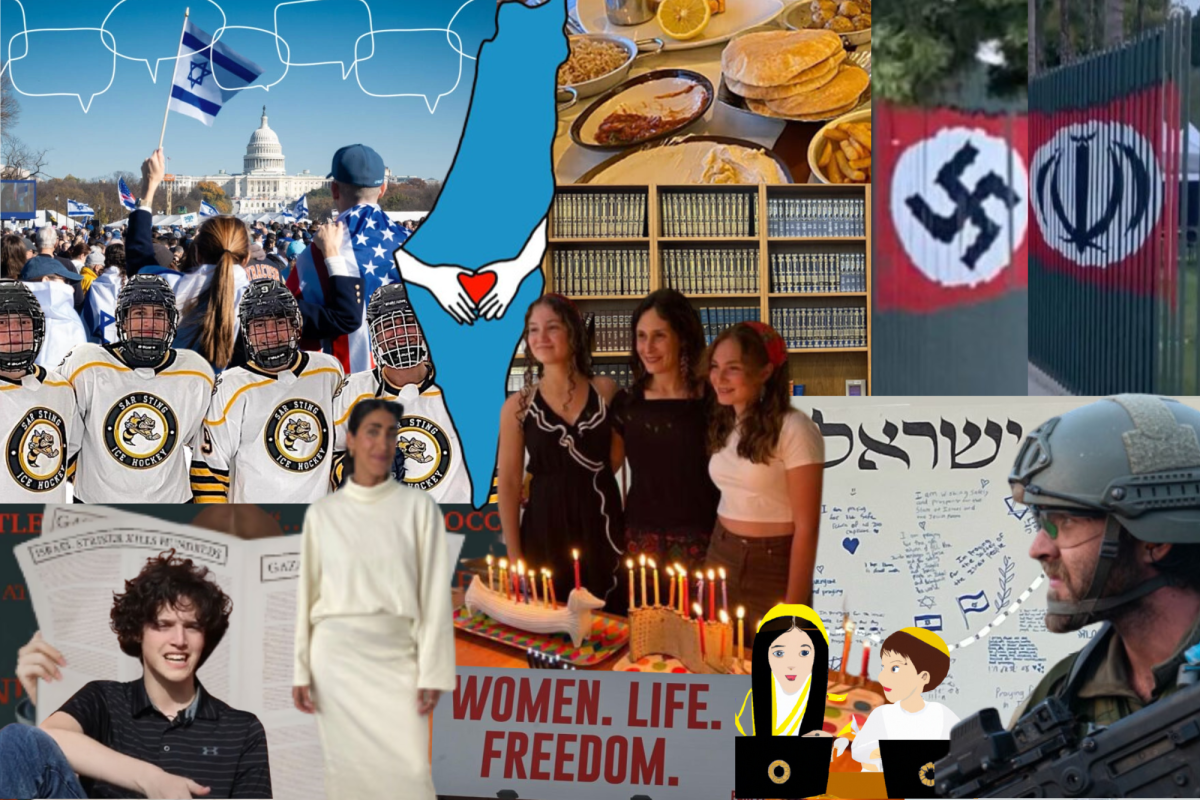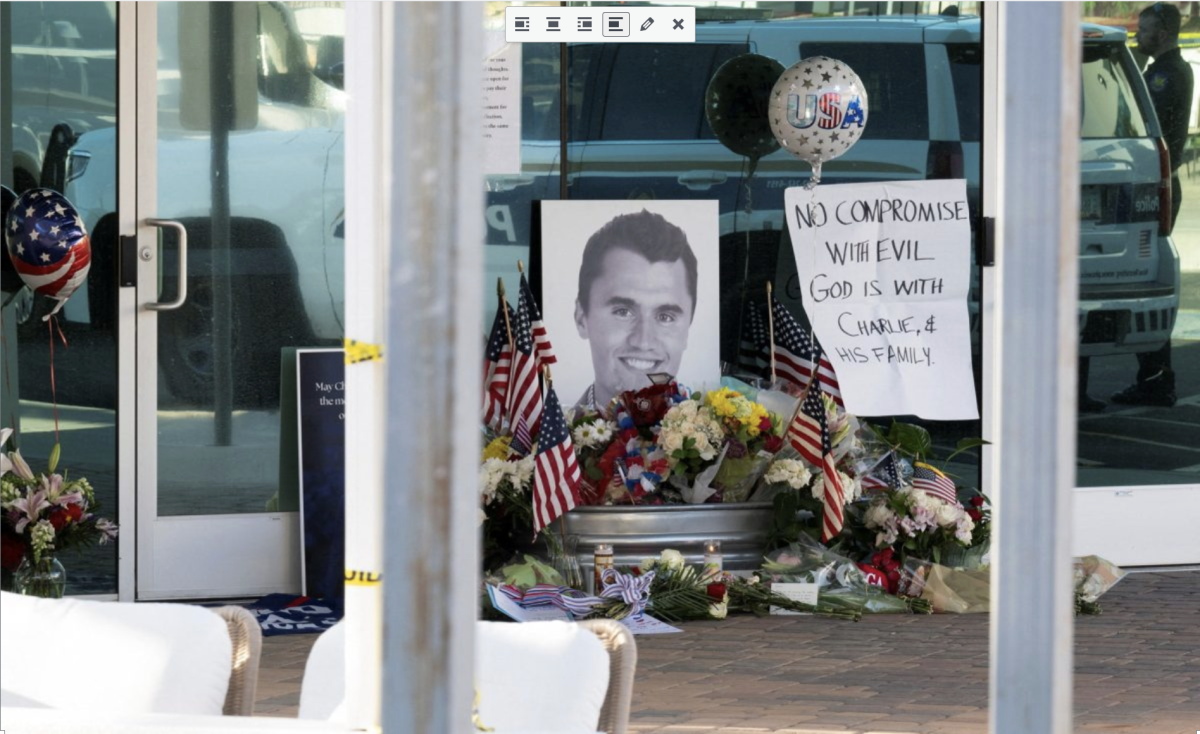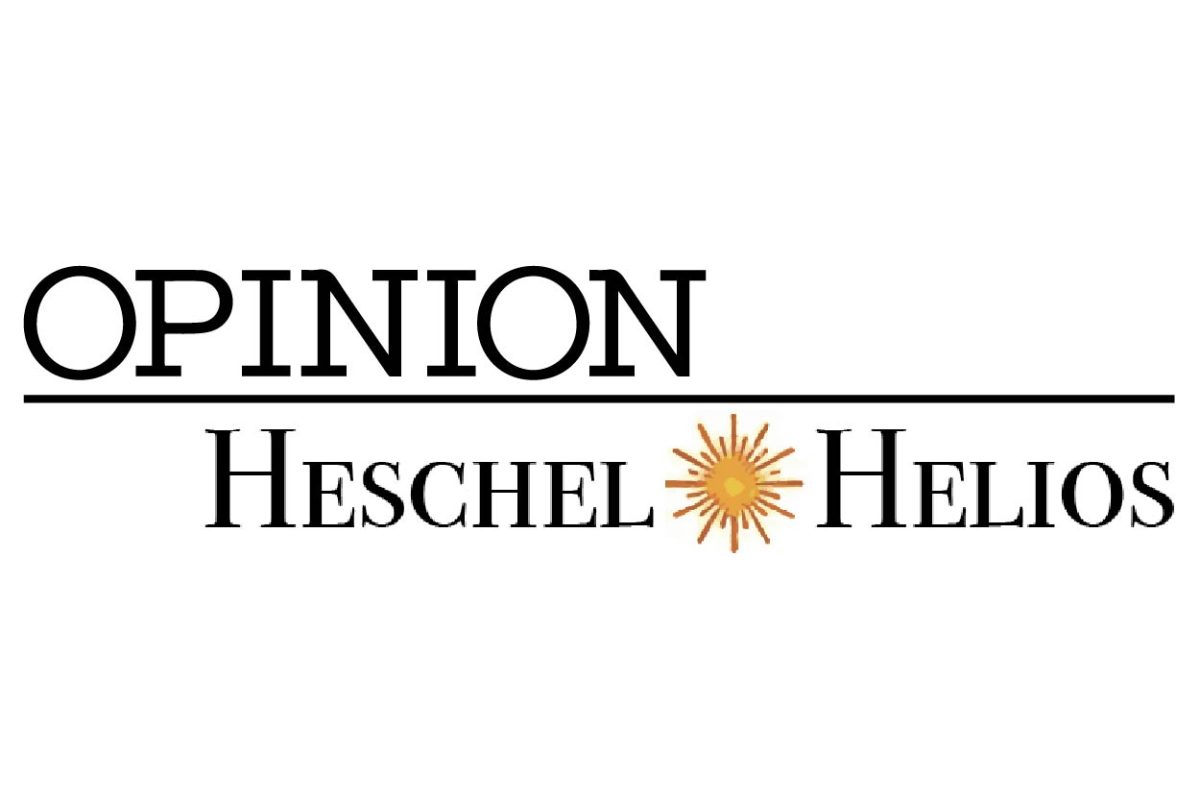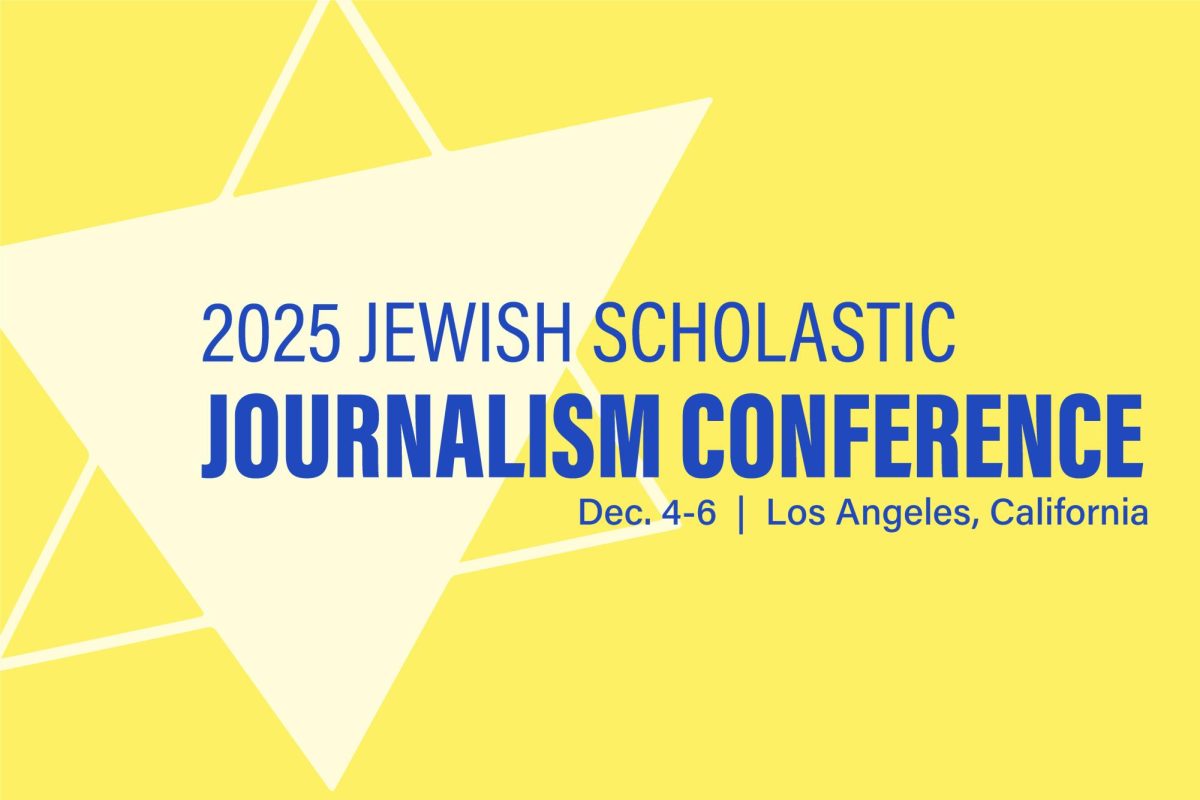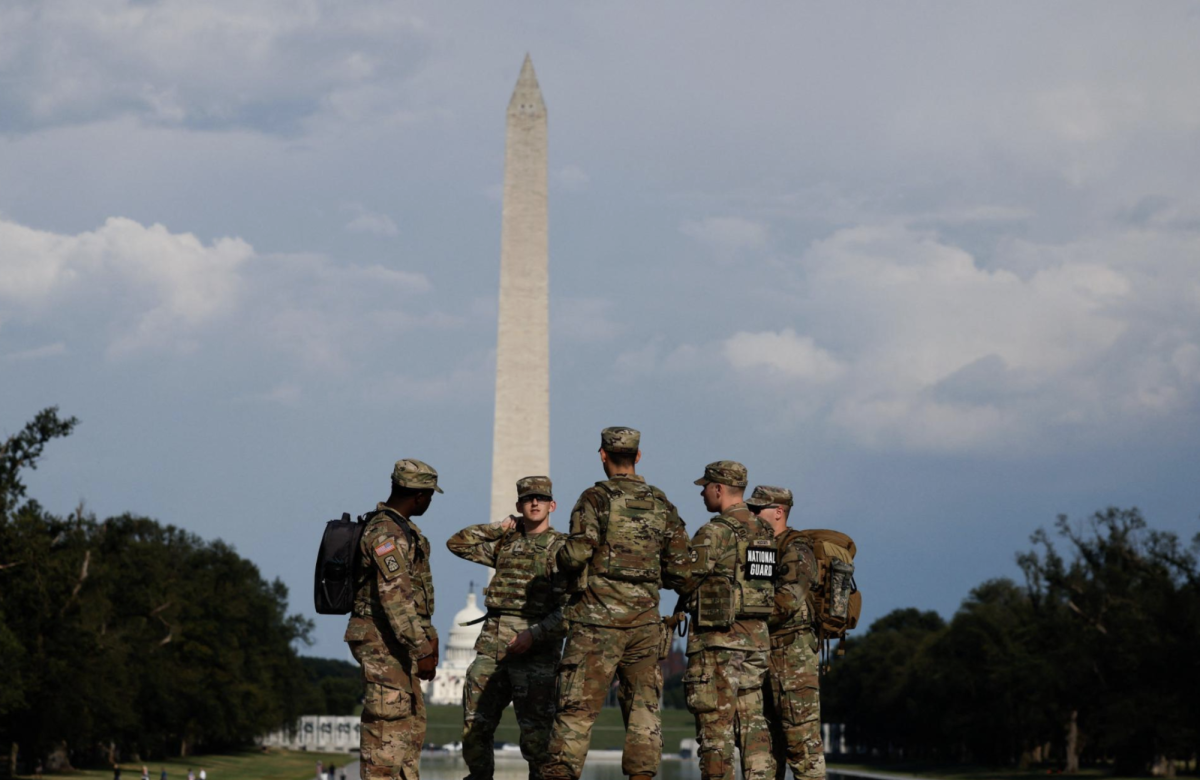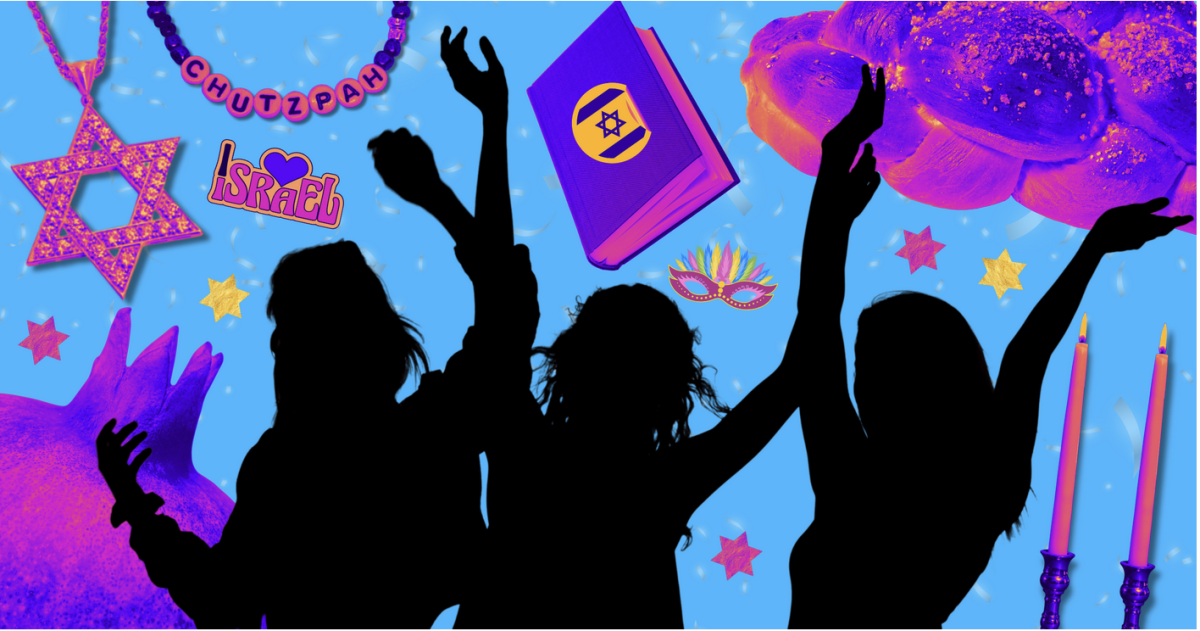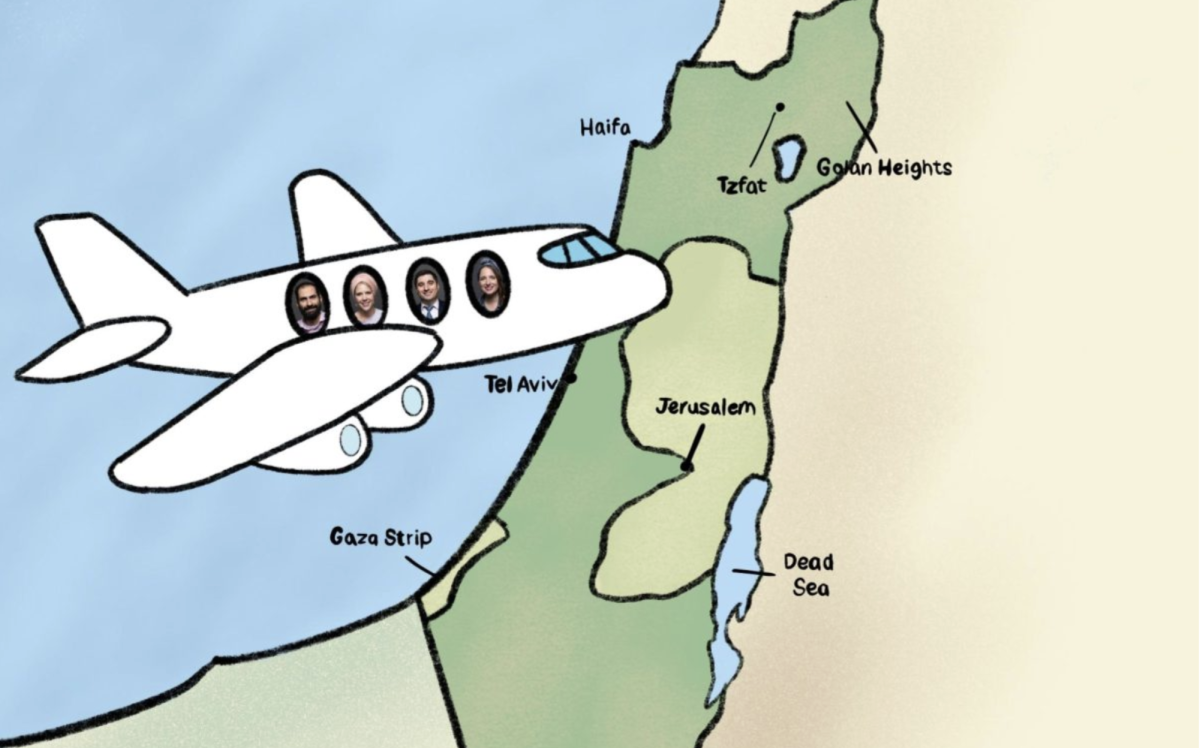It’s crazy to think that exactly two weeks ago I was in Ashkelon with my cousins, joking about the dance they were planning for the 50th anniversary of their home; Kibbutz Yad Mordechai. It’s a beautiful and halcyon place with really good schnitzel sandwiches. It also is 2.5 miles away from Gaza. Needless to say, the dance will no longer be happening. They’re displaced now, with nowhere to call home, no school, no routine, a stark black line divides all of their “yesterdays” from today.
I would say it’s a weird type of time, but in some cruel way, it isn’t. If anything, it is the most normal of times – an archetype of history as trite as it is true – people love dead Jews and have a very hard time stomaching the living ones. Let us all have quiet vigils for the Jews who are silent and six feet under, butchered. But then we have to discuss the immense privilege and burden, because it is a burden, of national power, of ensuring that Jewish blood isn’t cheap. And that’s when you can tell how they really feel: why couldn’t we just be a little less intense, a little less powerful, a little more dead. That’s how chants can go from “Free Palestine” to “Gas the Jews” quicker than you can even say colonial-oppressor.
I’ve been listening to a lot of sad Israeli music lately, as it finally dawned on me how I feel. I feel like I’m going through a horrible breakup—but with a worldview. A worldview that was comfortable and pretty, but one that never really accepted me. The good news is, I’m not alone, because so long as you’re reading this and are Jewish, it never accepted you either. It’s a hard pill to swallow, and that’s because we didn’t for a very long time. We pretended like we belonged; we wore the right clothing, went to the right schools, and supposedly lived in a unique time of progress. But the mask has slowly been slipping for the past two weeks, as a global proclivity to repeat history seems to be winning against the supposed liberalism of our time.
This isn’t supposed to be depressing. We still live in one of the best times to be Jewish on planet Earth (low bar, but still), we have an army, and not an insignificant amount of global support. But all of that external support is not and can not be where our strength lies. Our strength lies in the community of a nation that we have built and that we will continue to build, whether out of desire or necessity. At the end of the day, that is what we will have left when the streams of sympathy, propelled by Jewish blood, run dry. Which is why discussions of politics, rage, and even tears are all viable responses but they can’t be the objective right now. The objective needs to be to fortify and build, or rebuild, a sense of peoplehood that is prideful without being overconfident, faithful but not meek, and strong but not oppressive.
It’s an argument for the momentary transcendence of modern paradigms in order to revert to the oldest one that we know of. The“intellectualism” of college campuses and the “enlightenment” of multicultural European societies have failed us. That’s not to say it’s time to give up, but it is time to be wholly disabused of the notion that our existence as Jews within institutions of privilege are merely self-perpetuating. Don’t let the comfort of our lives or the convenience of our small sliver of the world fool you. The Jewish collective is pervasive in a way that few other things are, for good and bad. The wiles of individualism have tricked us into thinking we can shed that group identity whenever we feel like it. That we can wear, or not wear, our Judaism like a trendy necklace, as if it isn’t something deeply personal, historical and inextricable. We are all tied together and would do well to remember that, because everyone else sure has. “All of Israel is responsible for one another,” cry both the Gemara and the anti-semites.
This story won the Grand Prize in Jewish Scholastic Journalism in the 2024 Jewish Scholastic Journalism Awards, as well as First Prize in First-person opinion or experience regarding Judaism, Jewish culture or identity, or Israel, or any Jewish or Israel-related story.


